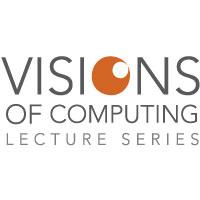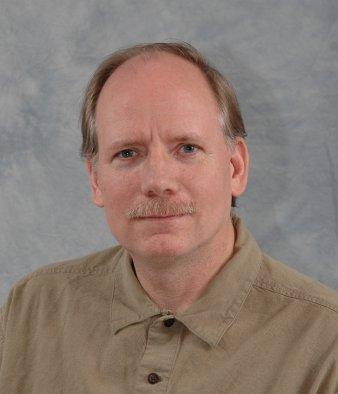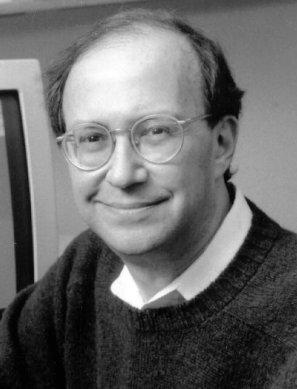
On Wednesday, October 26, 2011, the University of Texas at Austin Department of Computer Science will hold the annual Visions of Computing Lecture, a lecture series honoring UTCS faculty accomplishments. Through this lecture series, faculty present insights into computer science research and education to the public and the computing community. This year's lecture will take place from 4:00 - 5:30 p.m. in the Avaya Auditorium, ACES 2.302.
Raymond Mooney - "Learning Natural Language from its Perceptual Context"

Awarded Fellow of the Association for Computing Machinery
Raymond J. Mooney is a Professor in the Department of Computer Science at the University of Texas at Austin. He received his Ph.D. in 1988 from the University of Illinois at Urbana/Champaign. He is an author of over 150 published research papers, primarily in the areas of machine learning and natural language processing. He was the President of the International Machine Learning Society from 2008-2011, was program co-chair for the 2006 AAAI Conference on Artificial Intelligence, general chair of the 2005 Human Language Technology Conference and Conference on Empirical Methods in Natural Language Processing, and co-chair of the 1990 International Conference on Machine Learning. He is a Fellow of both the American Association for Artificial Intelligence and the Association for Computing Machinery, and the recipient of best paper awards from the National Conference on Artificial Intelligence, the SIGKDD International Conference on Knowledge Discovery and Data Mining, the International Conference on Machine Learning, and the Annual Meeting of the Association for Computational Linguistics. His recent research has focused on learning for natural-language processing, connecting language and perception, statistical relational learning, and transfer learning.
William Press - "Visions of a National Learning Health Care System"

About William Press
Named Vice Chair of PCAST and President Elect of AAAS
William H. Press is the Warren J. and Viola M. Raymer Professor in Computer Science and Integrative Biology at the University of Texas at Austin. Previously, he was Deputy Director of Los Alamos National Laboratory. Much of his earlier career was at Harvard University, where he was a professor of physics and astronomy. Press is a current member of President Obama's Council of Advisors on Science and Technology. He is also President-elect of the American Association for the Advancement of Science.
Tandy Warnow - "Recent breakthroughs in mathematical and computational phylogenetics"

About Tandy Warnow
Awarded Guggenheim Fellowship
Tandy Warnow is the David Bruton Jr. Centennial Professor in Computer Sciences at UT-Austin. Her research combines mathematics, computer science, and statistics to develop improved models and algorithms for reconstructing complex and large-scale evolutionary histories in both biology and historical linguistics.
She received the National Science Foundation Young Investigator Award in 1994, the David and Lucile Packard Foundation Award in Science and Engineering in 1996, a Radcliffe Institute Fellowship in 2006. She currently holds a Guggenheim Foundation Fellowship.
Warnow received her PhD in Mathematics at UC Berkeley under the direction of Gene Lawler. From 1991-1992 she was a postdoctoral fellow with Simon Tavaré and Michael Waterman at USC, and from 1992-1993 a member of the Discrete Algorithms group at Sandia National Laboratories. She spent 1993-1999 at the University of Pennsylvania, where she received tenure.
In 1999, she joined the CS faculty at UT-Austin as an Associate Professor, and was promoted to Full Professor in 2003. She is a member of five graduate programs at the University of Texas, including Computer Science Ecology, Evolution, and Behavior Molecular and Cellular Biology Mathematics and Computational and Applied Mathematics.
Her national service includes membership on several advisory committees for the NAS, NRC, IOM, and Howard Hughes. She was a member of the Board of Directors for the International Society for Computational Biology, and is the Chair of the BDMA (Biodata Management and Analysis) study section at NIH.



